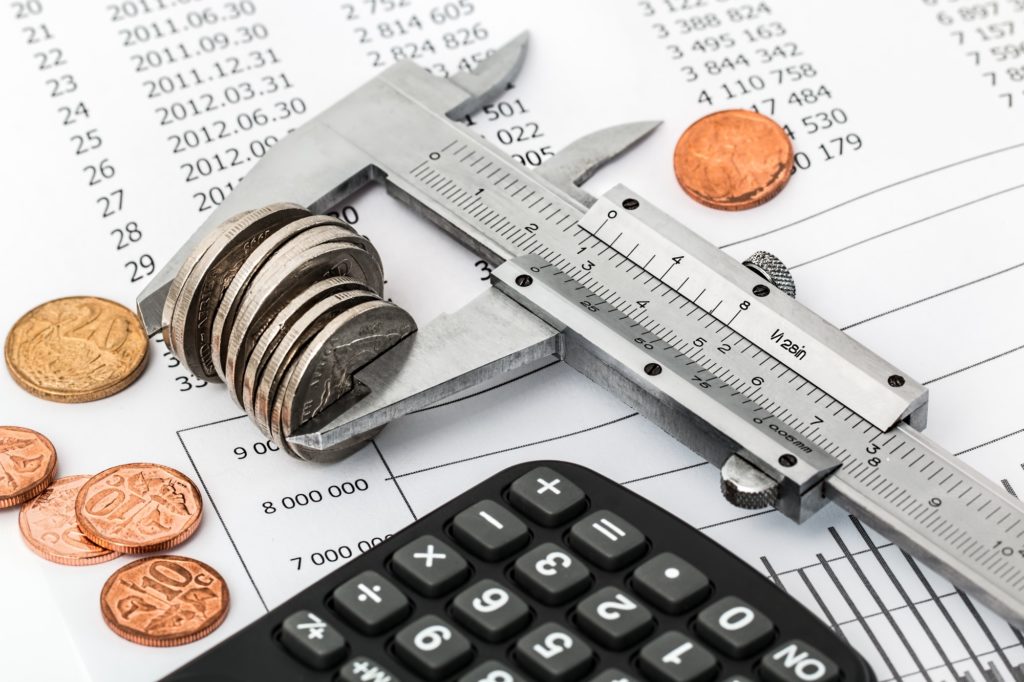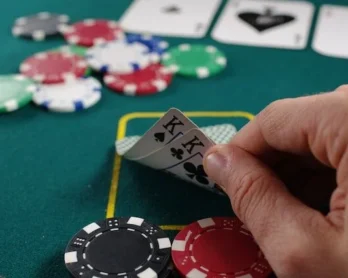No one wants to live paycheck to paycheck forever. We’ll show you how to budget to pay off debt and put an end to the cycle.
Research shows that 80% of Americans are in debt.
Whether it be a house not yet paid off, a car loan, medical debt or student loans, many people pay a large chunk of their income toward debt.
Because of high interest rates, many people are unable to pay off their debt. Instead, they are stuck in a cycle of paying the minimum required amount and never make a dent in the amount of money they owe.
In this article, we’ll go over how to budget to pay off debt, even if you’re living paycheck to paycheck.
Budget to Pay Off Debt: Keep Track of Your Exact Expenses
This may seem like a no-brainer, but it’s really the first thing you have to do in order to budget.
When many of us set up a budget, we do so with estimations. We may say, “Oh, I spend $200 a month on entertainment.”
Then, we’ll put that down in the budget.
But, are you actually keeping real-time track of how much money you’re spending on entertainment, or are you just estimating?
While an estimate might be in the ballpark, it’s not going to be the exact figure.
Instead, you’ll need to profile yourself for a month or two to get exact figures and estimates.
Save Enough Money for a Month of Expenses
Say you make $2300 a month.
In order to start paying off your debts meaningfully, as in no longer just paying off interest, you’ll need to save at least $2300. This might take you a while to do, but it will be your goal.
Once you’ve gotten that amount of money, you’ll be ready to start making larger payments on your loans and other debt.
Don’t Overestimate Your Salary
If your pay varies based on sales or you’re a freelancer working in the gig economy, you don’t ever want to set your budget according to your highest grossing month.
Instead, you want to set your expenses to commiserate with your lowest grossing month, or what you make on average.
This way, when you make more money than your lowest grossing months, you’ll have extra cash flow. Extra cash flow is more money you can use to pay off your loans.
Consolidate
If you have several credit cards open at one time, you can consolidate your debt. Many companies offer low or no interest rate balance transfers and allow you to put all of your credit card debt in one place.
This allows you to avoid having to pay three, five or even eight credit card bills a month.
Instead, you’ll make one single payment.
Often, when you consolidate, you’ll get an interest-free period of one to three years. This way, anything you pay off will be toward your credit card’s principal instead of continually paying off the interest. You’ll make a meaningful dent in your credit card debts without having to continue to simply pay on principle.
You can also choose to take out a loan to consolidate your loans or bills. Even if you have bad credit, there are loans with no credit check required.
While some loans may be higher interest, it helps you avoid paying ridiculous credit card fees every month.
You can also consolidate student loans and mortgage loans as necessary in order to whittle it down to one monthly payment.
Don’t Spend Money on Things You Don’t Need
We all know that you should “treat yourself” once in a while. But don’t make it a habit. Instead, you need to start paying off your debt and treating yourself to a debt-free lifestyle.
If you find yourself “treating yourself” more often than you should, start thinking about alternative ways to save money.
If you get your nails done twice a month, consider learning how to do them yourself. Or, consider going to a beauty school where they may charge you a fraction of the price.
For those who can’t resist a good bargain when it comes to clothing and shoes, try to only buy a few staple pieces each season. If necessary, put yourself on a shopping ban for a month or two.
If you’re a huge fan of sushi, consider learning to make it yourself to save money on takeout.
Take the money you might spend on these items and put them toward your debts.
Tear Up or Hide Your Credit Cards
This is a drastic step, but some people have had to do this in order to help themselves climb out of debt.
If you have extraneous cards you don’t need, cut them up immediately. You will still owe whatever the balance is, but you won’t be tempted to spend money you don’t have.
You can have a few credit cards for emergencies, but keep them hidden away in your home and don’t make a habit of taking them out on the town. If you’re truly in an emergency, you can have a spouse or relative locate the card for you and read you the number over the phone.
Take it with you on vacation for emergencies as well, but put it in the very back of your wallet so you’re not tempted to spend it.
Stopping the Cycle
One very important step to budget to pay off debt is stopping the cycle in its tracks. This means, of course, stopping paying the minimum on your debts and then continuing to spend with money you don’t have.
If you can break your habits, you can break free of your debts.
For more information on living a better lifestyle, visit our blog.










